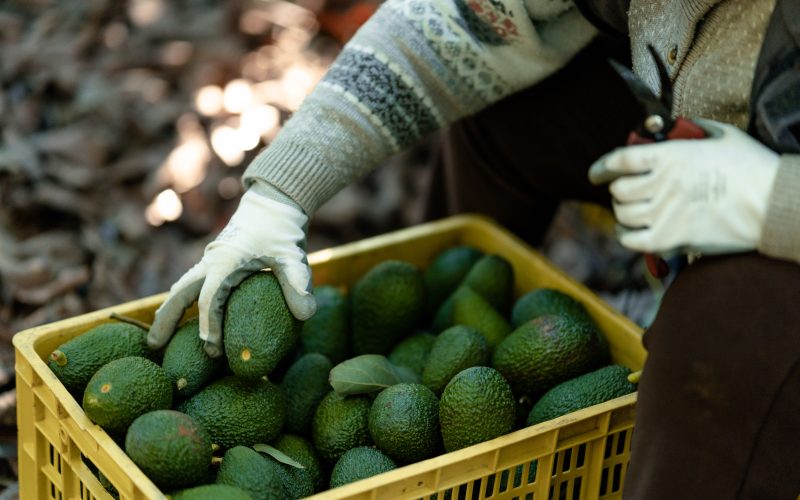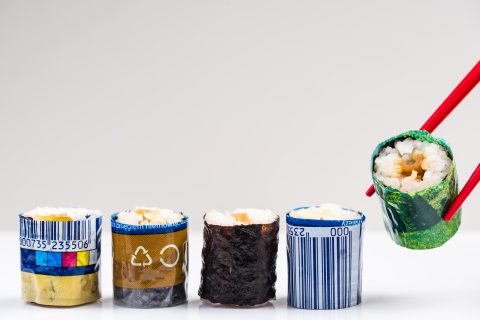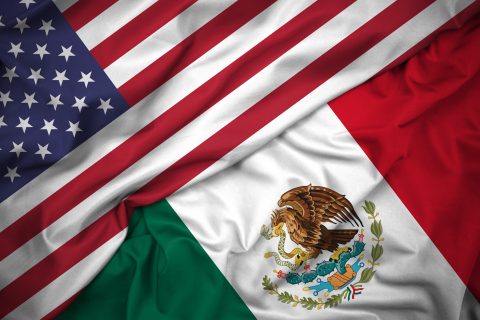The avocado has become a staple food in this country, and cartels in Mexico have noticed. Harper’s contributor Alexander Sammon joins host Krys Boyd to discuss how drug cartels are getting into the avocado business – and how one town is fighting back to protect both its safety and natural resources. His article is “Forbidden Fruit.”
How one town outlawed avocados
By Shaunessy Renker, Think Intern
Whether you’re visiting a grocery store, ordering a fast-food sandwich, or eating a salad at a fancy restaurant, avocados are everywhere. But as those who are old enough might recall, the food industry hasn’t always been this way. Back in the 90s, for instance, you might have seen avocados in the guacamole at a Mexican restaurant, but it wasn’t the American staple and obsession that it is today.
This rapid increase in consumption of avocados in the U.S. has a huge effect on producers south of the border. The fruit is now a highly valuable commodity in Mexico and cartels have seized the industry exploiting producers for money and taking charge of exports. Not only do they bring violence, but their unreasonable demands for more production leads to environmental damage and the depletion of water essential to local communities.
One particular town is fighting back. Cherán, Mexico has earned itself the title of “anti-avocado militia” by overthrowing their local government, electing a new council, founding a reforestation campaign, banning avocados, and enforcing law at gunpoint.
“They made this incredible environmental commitment that avocados would be outlawed, the forest would be guarded in an extreme and militant manner, and they chartered this militia to patrol that and enforce these environmental commitments across the board,” says Alexander Sammon, author of “Forbidden Fruit,” published in Harper’s.
Today, murals and public art dedicated to the uprising in 2011 can be found throughout the town of Cherán. However, the event was not as planned as one might think, in fact, it was almost spontaneous. There was so much agitation and frustration built up over time due to the governmental corruption, cartels’ threat to their wellbeing, and depletion of resources that one day the locals decided to act on their anger.
“The revolutionary wheels began to turn and resulted in this really interesting civic experiment in radical environmentalism and self-governance,” Sammon says.
Current leaders in Cherán prioritize protecting the environment but also seek to do so without degrading locals through militant enforcement. At the same time, the cartels’ close involvement with the avocado-growing industry makes the landscape precarious with continuous contestation involving armed growers and drone bombings. Groves plentiful with avocados have been planted within centimeters of the town lines.
“There are a lot of people who depend on this industry…it’s one of those conundrums of global trade, the problems that it causes—there are benefits as well—it’s good to at least be aware of those things [as a shopper],” says Alexander Sammon.





